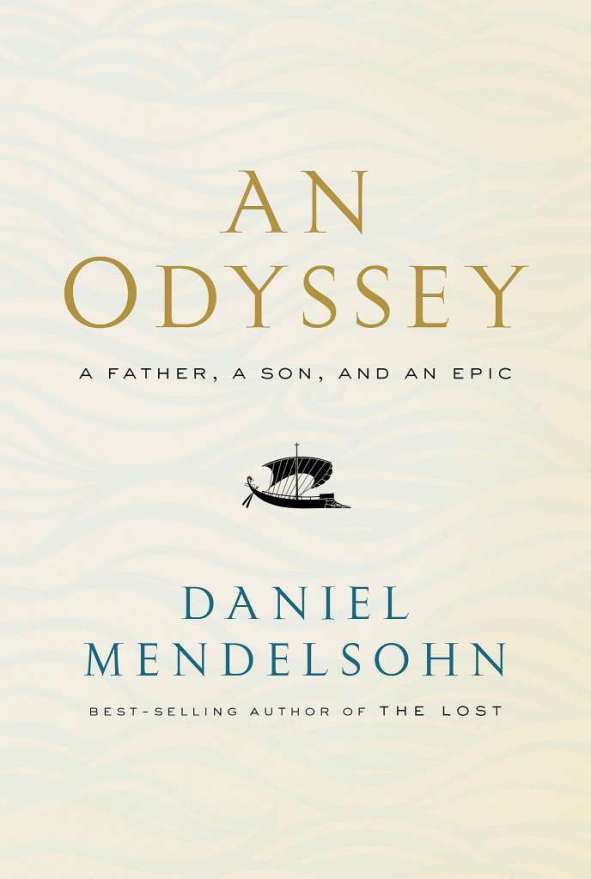 The Poetic Persistence of Sharon Olds | Read It Forward
The Poetic Persistence of Sharon Olds | Read It Forward
I have done what you wanted to do, Walt Whitman,
Allen Ginsberg, I have done this thing,
I and the other women this exceptional
act with the exceptional heroic body,
this giving birth, this glistening verb,
and I am putting my proud American boast
right here with the others.
—Sharon Olds, “The Language of the Brag,” Satan Says (1980)
It hasn’t been easy being Sharon Olds, especially in terms of the critical response to her work, which has been two-fold: to ignore her completely, or to lambast her for “exhibitionism.” Continue reading…

 So You Want to Be a Writer? | Read It Forward
So You Want to Be a Writer? | Read It Forward